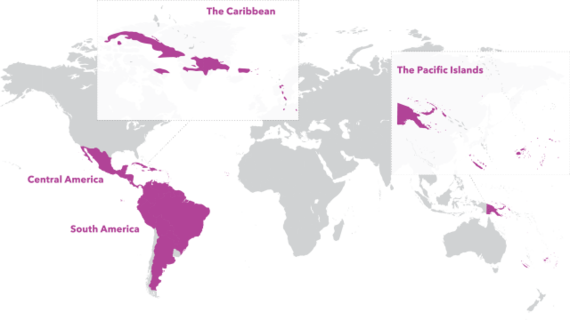You've probably seen a lot of headlines about the Zika virus. Sadly, just last week, New York City saw its first baby born with Zika-related complications, and this morning, the first documented instance of local transmission was reported in Florida. All this has created tremendous confusion about if and how Zika will affect you. At Planned Parenthood of New York City, we're working with the NYC Department of Health to provide our five health centers with the most up-to-date information, so you can be informed about how to protect your health. Here are the top things you should know right now about Zika:
- While it's been spreading rapidly by mosquitoes in countries across Latin America and the Caribbean, as well as in Puerto Rico, people who live in the continental United States are also contracting Zika, mostly due to travel. There have been nearly 1,000 travel and sexually-transmitted cases confirmed in the continental U.S., including 310 right here in NYC. There is no treatment or vaccine for Zika at this time, and experts anticipate the areas where there is active Zika will grow in the U.S. in the coming months as mosquito season ramps up. In fact, the health department just reported that just since May, the number of cases in NYC has nearly quadrupled.
For more information on Zika, visit http://www.cdc.gov/zika/index.html or visit www.ppnyc.org to make an appointment at the health center closest to you.

